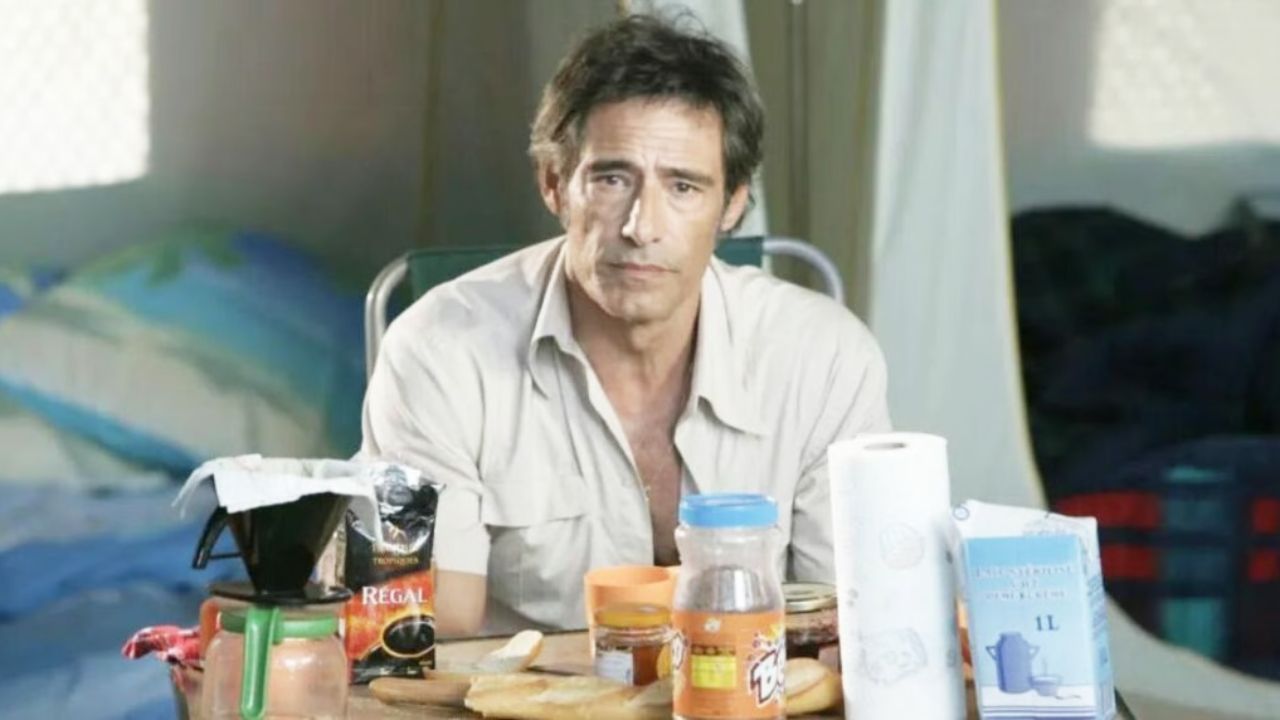Work originally released in the 1940s brings together “the most legitimate Brazilian popular music” and will have history told in a new documentary
The album Native Brazilian musicDespite the name, it was released in the United States in 1943, and never arrived in Brazil. Now, the songs recorded for over 80 years by icons of Brazilian music will gain new versions with contemporary artists from the country.
Among them are names like Degardity, THALMA DE FREITAS, AUREA MARTINS, Carlos Malta, MARCELINHO MOREIRA, Bneagon. The work is part of the documentary Native Brazilian musicwhich addresses the history of the album.
Brazilian native music
The creation of the album begins in 1940. At the time, Heitor Villa-Lobos received a request from the British conductor based in the United States, Leopold Stokowski: Select the best names in Brazilian popular music so that the material was presented to the foreign public. Villa-lobosthen, selected artists as Dong, Top hat, Pixinguinha, Alvarenga and Ranchinho, Zé da Zilda and Zé Spinguela.
The project was born as part of the so -called good neighborhood policy, an American president’s doctrine Franklin Roosevelt that sought to increase US presence in Latin America. Thus, the goal was to combat Germany’s influence in a context that preceded World War II.
The recording was made in a makeshift studio aboard a ship in the port of Rio de Janeiro between August 7 and 8, 1940. Of the approximately 40 recordings recorded, 16 entered the final version released two years later by Columbia Records exclusively in the US.
Despite the relevance of the artists involved, Native Brazilian Music is full of controversy. The work arrived in Brazil only in the 1980s launched by the Villa-Lobos Museum In the year of the centenary of the composer.
Two months after the recording, the musician tried to negotiate a tour with the participants in the US, but the proposal was rejected by the entrepreneur of STokowski. Some artists died without even hearing the recording. Top hatfor example, he said in a 1974 interview that he only gave the record of “Who sees me smile “ “A good twenty years later.” In addition, according to the researcher Daniella ThompsonHe would have received a meager 1,500 réis, enough to buy three cheap cigarette packs.
Directed from Fabio Maciel and script of Tarik Souzathe movie Native Brazilian music It is produced by Zero TV and made possible by Short channel! through the Audiovisual Sector Fund (FSA). The work should debut in the first half of 2026.
+++ Read more: Uncle Sam has extracted our drumming
Source: Rollingstone
Earl Johnson is a music writer at Gossipify, known for his in-depth analysis and unique perspective on the industry. A graduate of USC with a degree in Music, he brings years of experience and passion to his writing. He covers the latest releases and trends, always on the lookout for the next big thing in music.






